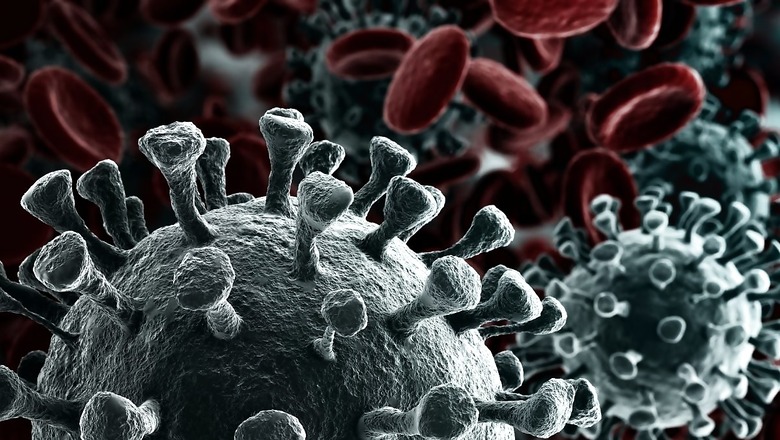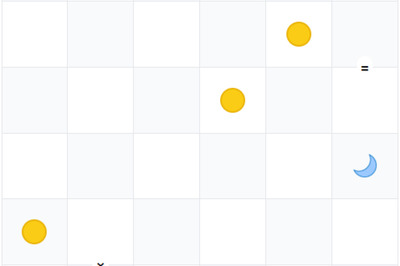
views
Covid-19 variant ‘Pirola’ or BA.2.86 is one of the most “highly immune evasive” variants so far, a Japanese study published in the November issue of The Lancet has found.
While the variant was found in India in August, it failed to create any noticeable surge. Similarly, the number of reported cases from this variant was low in several continents, including Europe, North America, and Africa, suggesting that this variant might be spreading silently worldwide.
The World Health Organisation (WHO) has kept the variant under monitoring.
To understand the variant more closely, the study titled “Transmissibility, infectivity, and immune evasion of the SARS-CoV-2 BA.2.86 variant” found that “BA.2.86 is one of the most highly immune evasive variants so far”.
According to the study undertaken by scientists from several institutes, including the Institute of Medical Science, University of Tokyo, Japan, the blood samples from people who got extra vaccine doses or different types of vaccines didn’t work well against a new version of the virus called BA.2.86. They also found that antibodies that used to work against the virus don’t work on this new version.
“The sera obtained from individuals vaccinated with third-dose monovalent, fourth-dose monovalent, BA.1 bivalent, and BA.5 bivalent mRNA vaccines exhibited very little or no antiviral effects against BA.2.86. Additionally, the three monoclonal antibodies which worked against the parental BA.2 did not exhibit antiviral effects against BA.2.86,” said the study.
The study also suggests that BA.2.86 potentially has greater fitness than current circulating XBB variants including EG.5.1 — which means that the variant is more stable.
‘Pirola’ More Stable
In September 2023, the SARS-CoV-2 XBB descendants, such as XBB.1.5 and EG.5.1, were the predominant variants circulating worldwide. Unexpectedly, however, a lineage distinct from XBB was identified and named BA.2.86 on August 14, 2023.
The study found that variant ‘Pirola’ bears more than 30 mutations in the spike (S) protein when compared with XBB and the parental BA.2, and many of these mutations are assumed to be associated with immune evasion.
The scientists conducting the study said when they tested the blood samples from people who had XBB breakthrough infections, they found that it was not as good at fighting the new version of the virus, BA.2.86, compared to another version called EG.5.1.
This showed that BA.2.86 is one of the toughest versions for the immune system to handle. “…A neutralisation assay using XBB breakthrough infection sera showed that the 50% neutralisation titre of XBB breakthrough infection sera against BA.2.86 was significantly (1•6-fold) lower than that against EG.5.1. Altogether, these results suggest that BA.2.86 is one of the most highly immune evasive variants so far,” it said.














Comments
0 comment